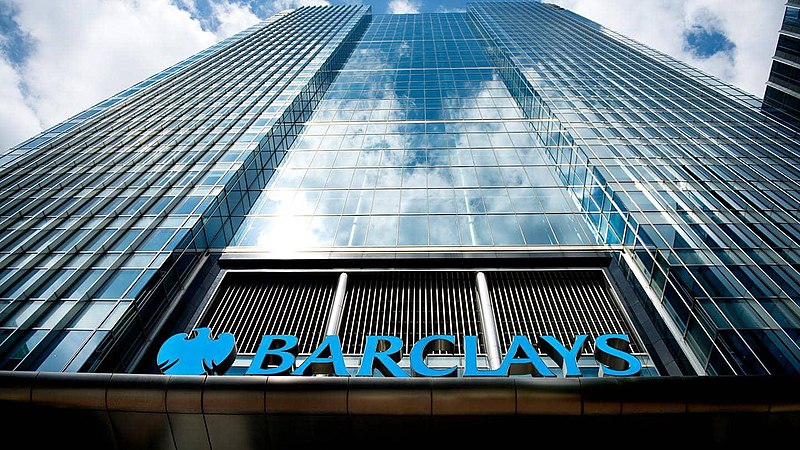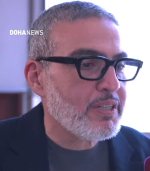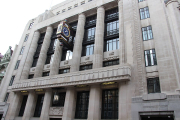
Barclays has decided to suspend its sponsorship of all 2024 music festivals organized by Live Nation, including Download, Latitude, and the Isle of Wight.
This decision follows withdrawals by several acts protesting against the bank's financial ties to arms companies that do business with Israel.
Artists such as CMAT, Ithaca (a metal band), and comedian Joanne McNally have all pulled out of their scheduled performances this summer. A spokesperson for Live Nation stated, "After discussions with artists, we have mutually agreed with Barclays to withdraw their sponsorship from our festivals."
The bank had entered into a five-year sponsorship deal with Live Nation in 2023, although it's understood that the suspension does not cover the entire duration of the contract.
Reacting to the news, Mercury-nominated band Lankum, set to perform at Latitude festival in Suffolk, welcomed the decision, noting the collective efforts of bands, artists, and fans in achieving this outcome. They emphasized solidarity as the way forward.
The development comes on the heels of over 100 artists boycotting Brighton's Great Escape Festival in May due to its association with Barclays. Campaigners have accused the bank of increasing investments in arms companies trading with Israel amidst the ongoing Gaza conflict.
Barclays confirmed to the BBC that it was asked and agreed to suspend its involvement in the remaining Live Nation festivals for 2024. They reassured Barclays customers holding festival tickets that their tickets remain valid and unaffected.
The bank also addressed allegations of intimidation and vandalism arising from the protests, condemning such actions and defending its commitment to the defense sector, essential for national and allied security.
The decision to suspend ties with the festivals has been hailed as a victory by protest group Bands Boycott Barclays. They expressed horror that music festivals were linked with Barclays, accusing the bank of complicity in the Gaza conflict through investments and financial support to arms companies supplying the Israeli military. They underscored the significance of artists taking a stand against what they deemed morally reprehensible.
In response to criticism, Barclays acknowledged the humanitarian impact of the Gaza conflict but clarified that it provides financial services to businesses, including those in the defense sector, rather than making direct investments. They emphasized that decisions on arms embargoes should be made by governments.
Overall, the controversy underscores the intersection of finance, ethics, and cultural sponsorship, prompting calls for broader solidarity across various sectors to address contentious issues effectively. Photo by GroupEditor, Wikimedia commons.









































